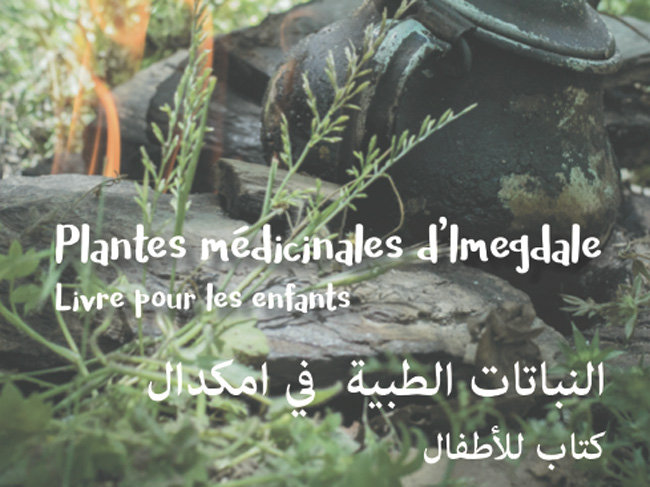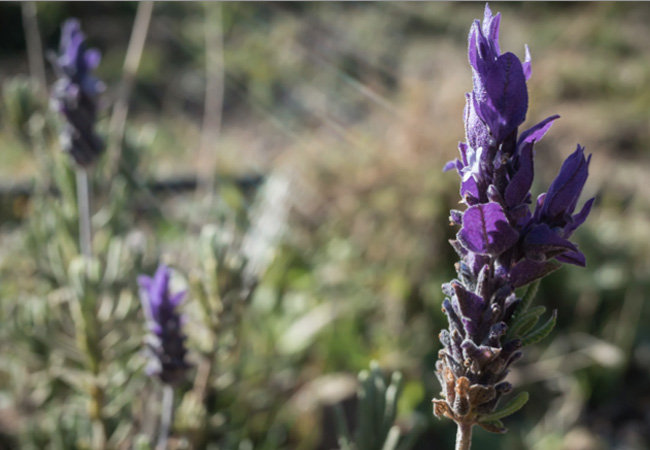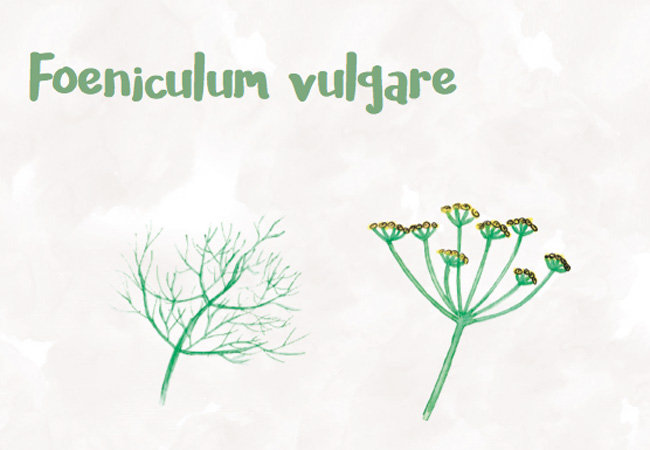By Irene Teixidor Toneu | Ethnobotanical Researcher
In this report, we share a story of the development of a traditional knowledge teaching tool for Amazigh children. Ethnobotanical researcher Irene writes, “From November 2014 to July 2016, I carried out extensive fieldwork about medicinal plant use in Imegdale, a Tashelhit-speaking community in the Moroccan High Atlas, through a collaboration with Global Diversity Foundation (GDF). Working with the local researcher Fadma, we interviewed over a hundred people and compiled a comprehensive list of medicinal plants used. In the interviews, we would often discuss in which ways this documentation work could be returned to the community. Interviewees were mostly women, the most important medicinal plant knowledge holders in rural Morocco. They are mostly illiterate, and would have no use for a book gathering knowledge that they already hold. However, they were certainly interested in finding alternative ways of transmitting this knowledge to their children. There is awareness that schooling and integration in market economies, although key to rural development, instigate a process of traditional knowledge loss. Children do not spend enough time engaging in plant-related activities and traditional, oral knowledge overall is less developed.
In close collaboration with Fadma and Zahar, a local teacher, we worked on the idea of developing a booklet for children that condensed traditional knowledge about the most culturally important plants in Imegdale to be distributed in local schools and among children. We aim to narrow the gap between formal education and traditional knowledge and hope that teachers will draw upon the booklet when providing instruction on life and earth sciences. For that purpose, the booklet provides a series of questions and exercises that can be proposed to children. In the booklet’s preface, GDF’s director Gary expressed his hope "that the descriptions of the useful plants depicted in the following pages inspire … children … to develop a curiosity about the rich botanical resources in their cultural landscapes”."
We will print and share the booklet with the girls at Dar Taliba, along with the invitation for them to create their own book to collect and share traditional knowledge from their own communities.
Links:
By Hasnaa Benlafkih | Project Leader
By Hasnaa Benlafkih | Project Leader
Project reports on GlobalGiving are posted directly to globalgiving.org by Project Leaders as they are completed, generally every 3-4 months. To protect the integrity of these documents, GlobalGiving does not alter them; therefore you may find some language or formatting issues.
If you donate to this project or have donated to this project, you can receive an email when this project posts a report. You can also subscribe for reports without donating.
Support this important cause by creating a personalized fundraising page.
Start a Fundraiser

